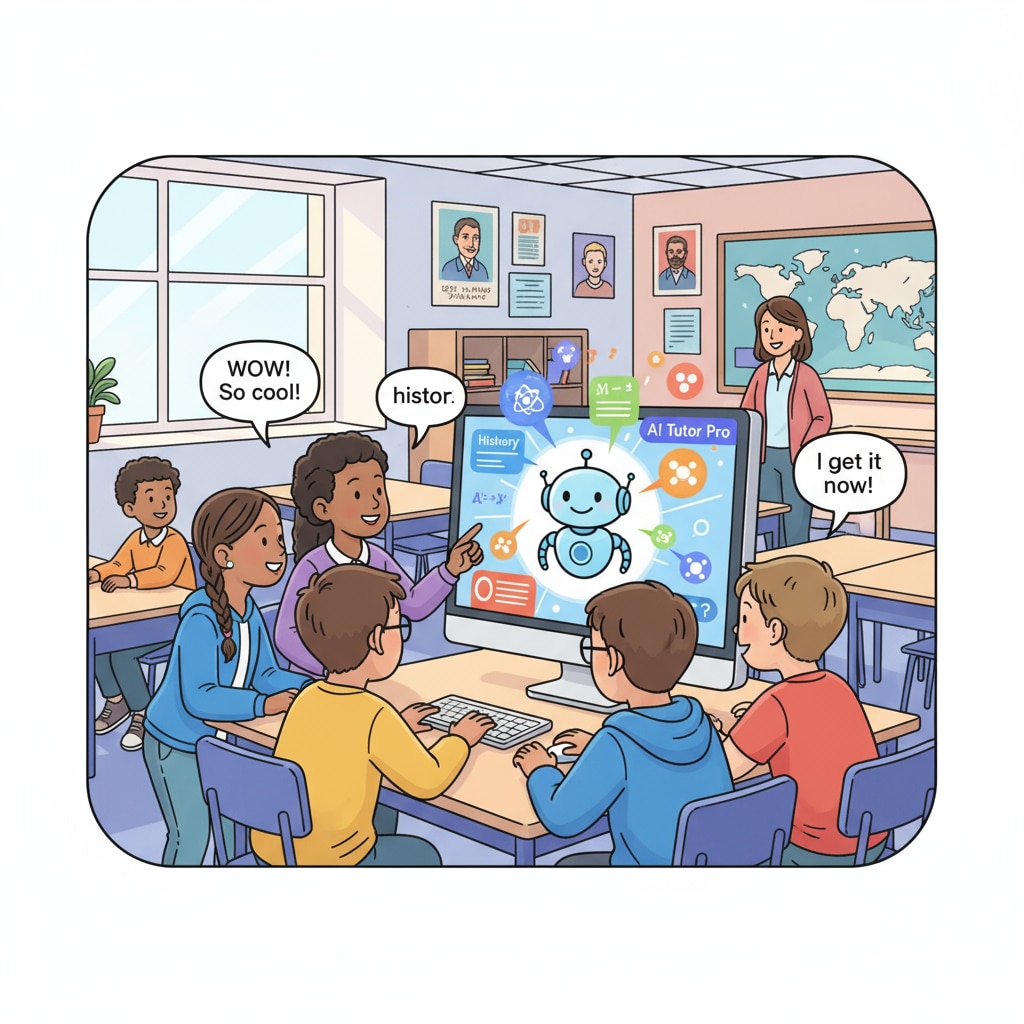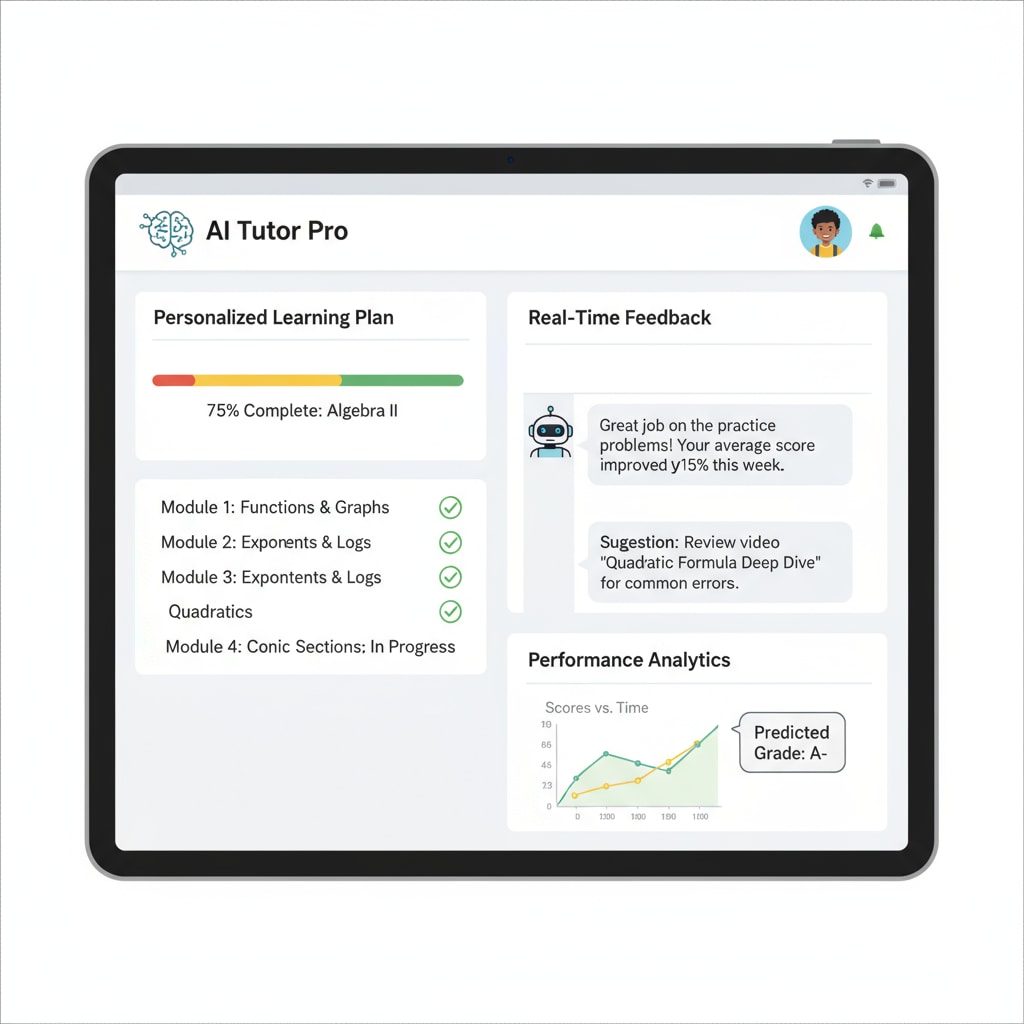Artificial intelligence policies, academic integrity, and skill depreciation are hot – button issues in the current educational landscape, especially as AI makes its way into K12 classrooms. The integration of AI in K12 education has brought about a wave of innovation, but it also presents significant challenges.

For instance, while AI can offer personalized learning experiences, it also raises questions about how students use these tools to complete their academic tasks.
The Rise of AI in K12 Education
AI has become an increasingly common presence in K12 schools. Many educational institutions are now using AI – powered learning platforms that can adapt to individual students’ learning paces and styles. For example, some math tutoring apps use AI algorithms to analyze students’ problem – solving patterns and provide targeted feedback. As a result, these tools are designed to enhance the learning experience. However, this rise also brings new concerns. Artificial intelligence in education on Wikipedia

Academic Integrity Concerns
One of the most pressing issues is academic integrity. With the availability of AI writing tools, students may be tempted to use them to complete essays and assignments. This poses a threat to the traditional understanding of academic work. Teachers now face the challenge of determining whether a student’s work is truly their own. In addition, AI can be used to cheat in online exams, further undermining the fairness of the educational assessment system. Academic integrity on Britannica
To address this, schools need to develop clear artificial intelligence policies. These policies should define what constitutes acceptable and unacceptable use of AI in academic work. For example, students could be allowed to use AI for research and brainstorming, but not for writing the final draft of an assignment without proper attribution.
Skill Depreciation Worries
Another concern is skill depreciation. As students rely more on AI, there is a risk that certain essential skills, such as critical thinking, problem – solving, and writing, may atrophy. For example, if students always rely on AI to correct their grammar and structure their essays, they may not develop the ability to do these tasks independently. Therefore, educators need to find ways to ensure that students still engage in activities that develop these fundamental skills.
Schools can design curricula that incorporate AI in a way that complements, rather than replaces, skill development. For instance, students can be required to analyze and critique the output of AI tools, which helps them develop critical thinking skills.
Readability guidance: This article has used short paragraphs to present different aspects of the issue. The lists help summarize key points. By using transition words like “however”, “therefore”, and “in addition”, the flow of the article is enhanced. The external links provide further resources for readers to explore the topics of AI in education, academic integrity, and skill development.


